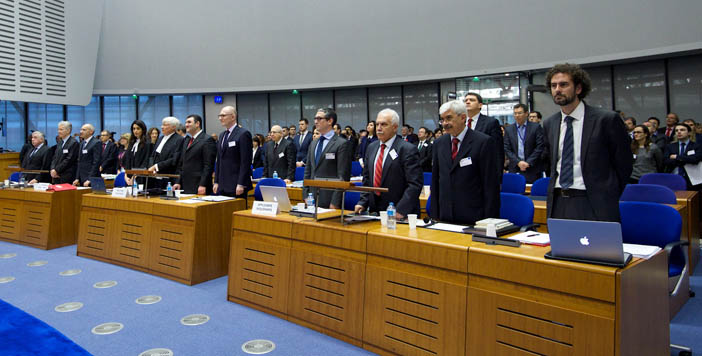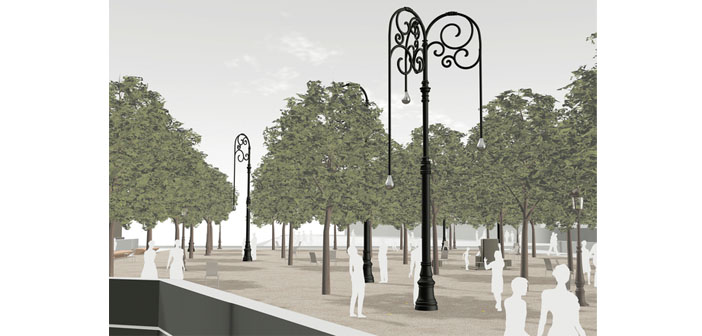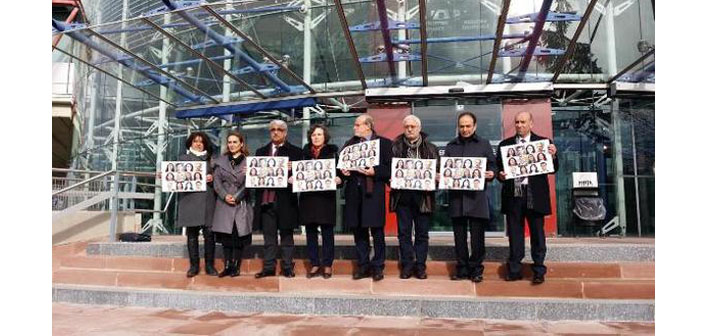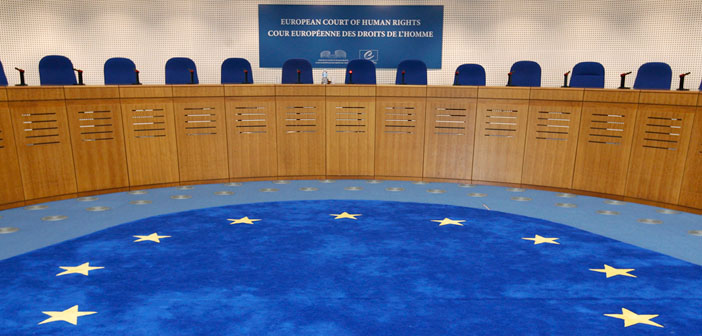ECHR Grand Chamber ruled by a majority of ten judges against seven that Switzerland had violated Perincek’s freedom of speech. The Second Chamber of ECHR ruled the same in 2013 and Switzerland took the case to Grand Chamber.
The ECHR decision set an important example on the issues concerning freedom of speech and hate speech.
How did it start?
Doğu Perinçek attended several conferences in Switzerland in 2005 and he denied the Armenian Genocide and said that it is an “international lie”. Switzerland-Armenia Association filed a criminal complaint against Perinçek and the Swiss Court found Perincek guilty because it was decided that his statements are racist and they are not contributing to the historical facts.
Perinçek appealed the verdict and took it to ECHR basing his defense on Article 10 of the European Convention on Human Rights. On December 17, 2013, The Second Chamber of ECHR ruled that Switzerland had violated Doğu Perinçek's freedom of expression.
What were the grounds?
ECHR declared that their decision is not about whether those events can be legally identified as genocide or not.
In the verdict of the Second Chamber, the court pointed out that “genocide” is a legal term. Court’s ground was the fact that there is no academic consensus on whether 1915 events can be legally identified as genocide. According to the court, Perinçek expressed his own thought about this “heated debate” and he used his freedom of speech.
Objections
International Association of Genocide Scholars wrote a letter stating that there is no academic debate on the Armenian Genocide and this verdict serves to denial and not to freedom of speech.
Comparison between Holocaust and the Armenian Genocide
The Second Chamber’s reasoned decision emphasized the structural relation between the denial of the genocide and inciting hatred. The denial of the genocide is directly considered as a discriminatory practice. Though ECHR pointed out that “the denial of Holocaust is the reflection of anti-Semitism today”, it decided that Perincek’s speech doesn’t have the quality to “incite hatred against Armenians”. According to the court, denying that “the tragic events that happened in 1915 are genocide” don’t lead implications as major as denying Holocaust would do.
The decision is binding
The decision of Grand Chamber is final and binding for the both parties. As a result of this decision, Switzerland has to change its penal code.
IHD and Truth Justice Memory Center of Turkey: Denial leads to hatred in Turkey
IHD (Human Rights Association of Turkey) and Truth Justice Memory Center, in their letter to the court, pointed out that Perinçek’s statements should be taken into consideration regarding the Armenians in Turkey, because his statements encourage the hate speech in Turkey. Two intervening NGOs claimed that the court ignored the fact that the victims are affected by his statements and they pointed out that his actions and the activities of Talat Pasha Committee are engaged in discriminatory practices against the Armenians in Turkey.
Robertson QC: call for violence and racist hate speech
Human rights lawyer Geoffrey Robertson QC, who represents Armenia with Amal Clooney in this case, made a statement: “Grand Chamber’s decision on Perincek is not important, since he is a petty provocateur. It would be sufficient if they decide that the freedom of speech doesn’t include call for violence and racist hate speech. Such a decision would have a great impact on the oppressive articles in Turkish Penal Code like Article 301. Because of that article, many people in Turkey, including Hrant Dink, were tried in court because they expressed the truth about the Armenian Genocide.”





